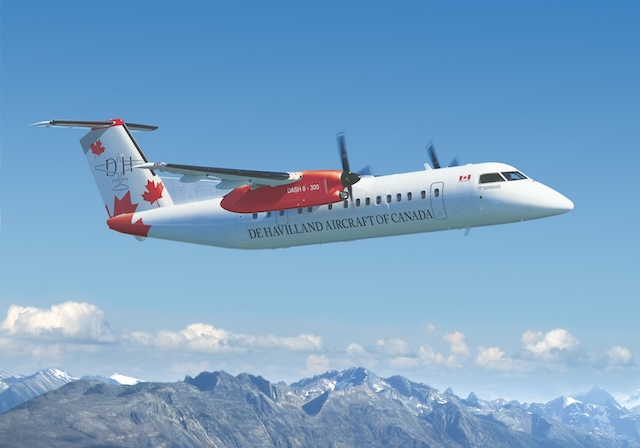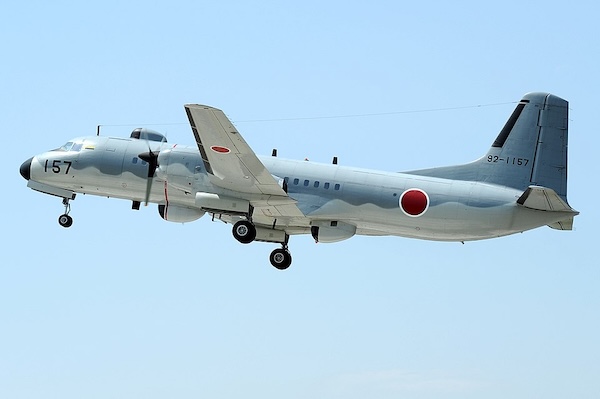DHC-8 Dash 8 vs YS-11
| Canadian turboprop-powered regional airliner, widely adopted globally for short-haul commuter flights throughout the late 20th century. | |

|
|
| Origin country | 🇨🇦 Canada |
| Category | Military Training Aircraft |
| Manufacturer | De Havilland Canada |
| First flight | 20 June 1983 |
| Year introduced | 1984 |
| Number produced | 1258 units |
| Average unit price | $27 million |
| Japanese turboprop airliner from the 1960s, deployed primarily in short-haul flights, and regionally used by various countries. | |

|
|
| Origin country | 🇯🇵 Japan |
| Category | Military Training Aircraft |
| Manufacturer | NAMC |
| First flight | 30 August 1962 |
| Year introduced | 1965 |
| Number produced | 182 units |
| Average unit price | $-- million |
| Wing area | 54.4 m² ◉ |
| Wingspan | 26.0 m ◉ |
| Height | 7.5 m ◉ |
| Length | 22.0 m ◉ |
| Maximum speed | 451 km/h ◉ |
| Service ceiling | 9,144 m ◉ |
| Max. takeoff weight | 15,649 kg ◉ |
| Empty weight | 14,787 kg ◉ |
| Total thrust | 2 x 1,342 kW ◉ |
| Wing area | 94.8 m² ◉ |
| Wingspan | 32.0 m ◉ |
| Height | 9.0 m ◉ |
| Length | 26.3 m ◉ |
| Maximum speed | 470 km/h ◉ |
| Service ceiling | 6,980 m ◉ |
| Max. takeoff weight | 23,500 kg ◉ |
| Empty weight | 14,600 kg ◉ |
| Total thrust | 2 x 2,259 kW ◉ |
Performance Radar Chart
Photo of DHC-8 Dash 8 by De Havilland.
Photo of YS-11 by Toshi Aoki.